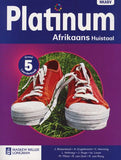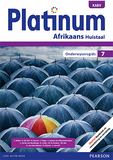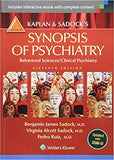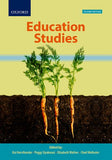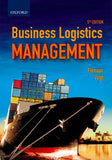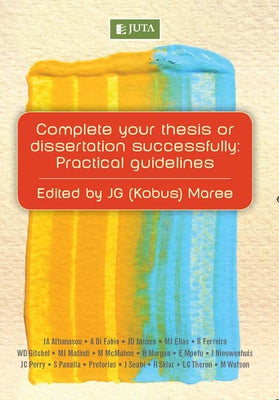
Complete Your Thesis or Dissertation Successfully, 1st Edition
Complete your thesis or dissertation successfully: Practical guidelines provides fundamentally important information to students of the social sciences completing their master’s or doctoral studies, as well as to their supervisors and study leaders. Eminent scholars have contributed to the book and have created a text that is easy to read and use, yet does not water down the conceptual and terminological complexities of the process.
| ISBN: | 9780702189166 |
| Publisher: | Juta Publishers |
| Variant: | Printed |
| Author(s): | Maree, JG |
| Edition: | 1st Edition |
Content
Chapter 1: The quality of doctoral education in South Africa: A question of significance
Chapter 2: Planning your thesis: Systemic and personal issues
Chapter 3: Choosing a topic
Chapter 4: Writing a research proposal
Chapter 5: Theoretical-conceptual and structural aspects of thesis writing
Chapter 6: Basic issues in thesis writing
Chapter 7: Sampling and research paradigms
Chapter 8: Research designs and data collection techniques
Chapter 9: Conducting qualitative research: Practical guidelines on fieldwork
Chapter 10: Writing the quantitative research method chapter
Chapter 12: Ensuring quality in scholarly writing
Chapter 13: Linking purpose and ethics in thesis writing: South African illustrations of an international perspective
Chapter 14: Writing style
Chapter 15: Communication between student and supervisor
Chapter 17: Examining a thesis and writing an examiner’s report
Chapter 18: Choosing examiners for a thesis or dissertation
Chapter 19: How to prepare for an oral doctoral examination
Chapter 20: The ultimate aim of your studies: Getting a manuscript published
Chapter 21: Electronic submissions to journals
We Also Recommend

